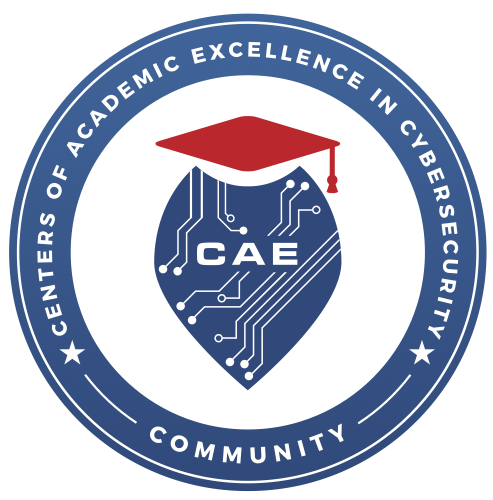Home | Advancing Technology Degrees | Network Engineering
Today’s increasingly connected digital world has created an internet and data-dependent society. Highly skilled network engineers are responsible for the design, implementation and maintenance of our networked systems.
A strong foundational knowledge of network and systems engineering concepts forms the basis on which the advanced topics are built. Key concepts such as routing, switching, server operating systems, email systems, IP telephony, security concepts, wireless and virtualization are explored in detail. Contemporary topics such as IT mobilization, virtualization, cloud computing and data center design are some of the new and exciting degree focus areas.
Graduates demonstrate mastery of secure network architecture and are fluent in multi-platform systems administration. This degree prepares students with the skills required to become successful network engineers, systems engineers and network systems administrators.
Check out some of this semester’s Network Engineering courses and gear up for fresh challenges. Unlock new skills and power up your education.
As the front line of the 21st century information age will you be managing information appropriately while considering the threats you face? Information is managed by a wide range of elements that must be considered as part of the full equation. The laws and regulations that apply to the business, the importance placed on the information by business leadership, the expectations of the customer, and of course the desire for the most reasonable protections to the information in support of all objectives. This course focuses on how all these elements come together to create and manage the information governance of the organization.
In this course, students will learn how to set up, use and maintain servers hosted on cloud platforms. Students will compare various cloud infrastructures and analyze costs and benefits of cloud hosting. From there, students will practice deploying and administering cloud-based applications, as well as being able to identify potential security issues and creating solutions to ensure secure applications.
The Network Defense and Countermeasures course is the art of fencing for network protection. This course covers designing a network defense, security policies, choosing and designing firewalls, configuring firewalls (demos and research), setting up VPNs, Intrusion Detection System overview and design, honey pots, and behavior-blocking software. Additionally, this course will provide solutions for identifying, assessing and preventing external and internal threats to your network in a multi-vendor environment.
This course will lay the foundation on which to build a working knowledge of system administration. This class will provide a comprehensive overview of contemporary systems administration with a focus on Cloud, Virtualization and Microsoft based environments. An overview of the available server and desktop operating systems, cloud architecture and their common use cases and their strengths and weakness will be given. Topics such as cloud and virtualization, active directory, user/computer/group management, resource permissions, optimizing performance, backup, storage, server monitoring will be covered. Students will be armed with a baseline of knowledge with which to identify and understand server infrastructures for business solutions. Students will be given hands-on exercises to reinforce the knowledge taught in class.
This course provides an overview of the commands, utilities and supporting architecture used in Linux operating systems. This course provides the student with skills such as system and application installation, shell scripting, regular expressions, system management, web services installation and maintenance.
The Internet of Things (IoT) is the standard term being applied to the integration of multiple types of connected devices in both the commercial, government and personal environments. IoT provides a unique and expanded set of considerations for implementation and security to provide the most effective solution. This course will examine the various types of IoT devices and the considerations for implementation. Students will have the opportunity to get hands on experience with many IoT devices.
Educating the next wave of innovators, our faculty leverage their experiences to mentor students to lead innovations and solve challenges in advancing technology.
UAT’s Synchronic Learning model provides an education framework that prepares superior graduates to become tomorrow’s innovators. This model embodies UAT’s methodologies, curricula and community dedicated to fostering an environment of innovation that promotes demonstrated mastery and job readiness.
How does UAT prepare superior graduates? Students are required to participate in projects that solve real problems. UAT requires students to innovate and create a working proof of concept that’s never been done before. Students complete internships, community projects and apprenticeship experiences to cultivate their ability to succeed in the workplace.

Network Security curriculum certified by the US National Security Agency's Information Assurance Courseware Evaluation program
